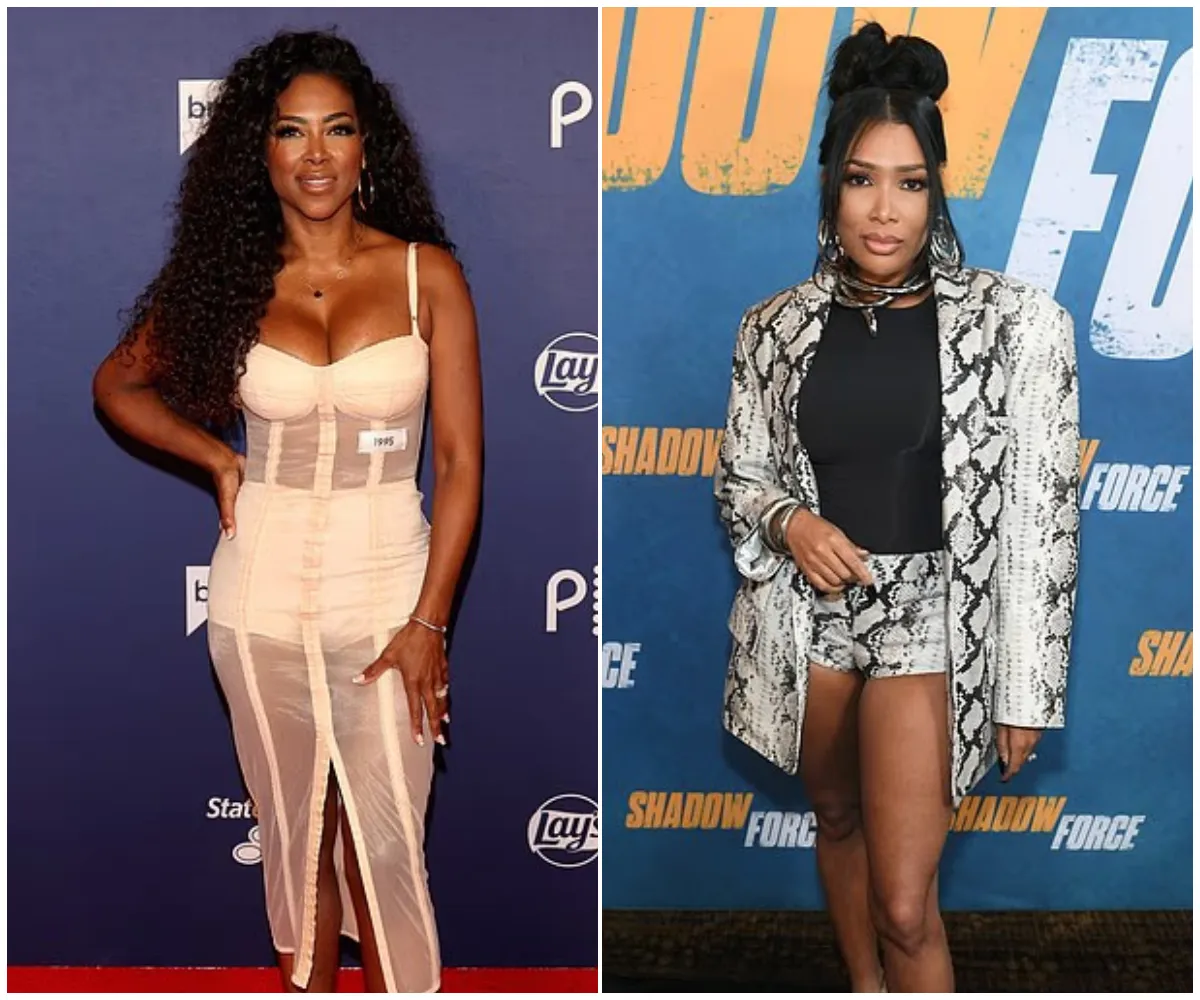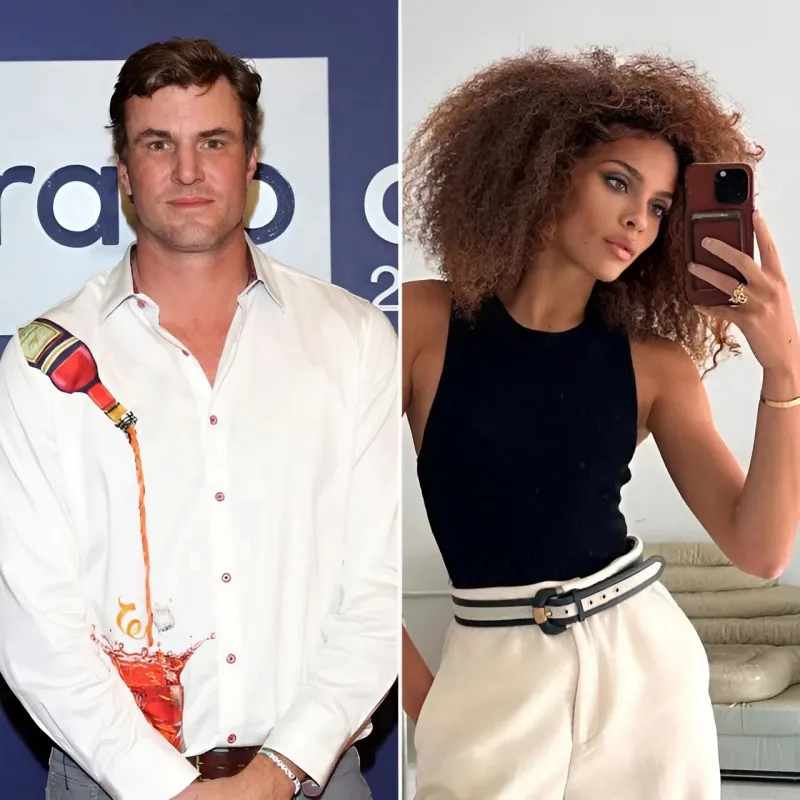In a revelation that has sent ripples across the British entertainment industry, actor and TV presenter John Barrowman has accused the BBC of fostering a long-standing “gay cover-up culture” during the peak of his career — a culture that, he claims, forced many prominent gay men into heterosexual marriages and silenced authentic LGBTQ+ expression within the corporation.
Speaking candidly in Richard Eden’s Diary, Barrowman painted a bleak picture of the behind-the-scenes environment at the BBC during the early 2000s, when he was a household name starring in Doctor Who and Torchwood. "There were gay men in very high positions who were married to women — everyone knew, but nobody said a word," Barrowman stated. “It wasn’t just denial. It was a survival strategy. That’s how deep the fear ran.”
 Barrowman, who came out publicly in the 1990s and has long been a vocal advocate for LGBTQ+ rights, said he was disillusioned by the duplicity he witnessed at the corporation. “They wanted me to be out and proud on screen when it suited them – when it was fashionable or made a good headline,” he said, “but behind closed doors, the message was: don’t rock the boat.”
Barrowman, who came out publicly in the 1990s and has long been a vocal advocate for LGBTQ+ rights, said he was disillusioned by the duplicity he witnessed at the corporation. “They wanted me to be out and proud on screen when it suited them – when it was fashionable or made a good headline,” he said, “but behind closed doors, the message was: don’t rock the boat.”
His comments have reignited conversations about the BBC's historic treatment of LGBTQ+ employees, with insiders and former staffers now whispering that Barrowman’s claims “barely scratch the surface.” According to sources, some of the most high-profile presenters and executives lived double lives, either under pressure from management or out of fear of professional backlash.
Barrowman also touched on how the same-sex relationships portrayed on shows like Torchwood were carefully curated to appear progressive while still adhering to unspoken limits. “We were groundbreaking, yes – but don’t be fooled,” he added. “There were still internal notes, limits on intimacy, and plenty of pushback behind the scenes. You had to ask permission to be authentically yourself.”
The actor didn’t name names but implied that the culture of silence and fear extended far beyond entertainment – and into the corridors of BBC power. “The very people who had the power to change the culture were often the ones hiding the most.”
Unsurprisingly, Barrowman’s explosive claims have sparked a flurry of responses online. Some have praised his bravery for lifting the lid on a culture many suspected but few dared to expose, while others have questioned the timing of his remarks given his own past controversies with inappropriate on-set behavior, which he has since addressed and apologized for.
A BBC spokesperson has yet to officially comment on the allegations, but a former executive who spoke on condition of anonymity claimed: “It’s not a lie. We all knew it was happening, and there were whispered warnings about who you could be around, and how much of your true self you could show.”
This isn’t the first time the BBC has come under scrutiny for its treatment of LGBTQ+ issues. From the banning of Gay News coverage in the 1980s to the lack of openly gay news anchors in past decades, the corporation has had a complicated relationship with representation and inclusion.
For John Barrowman, however, the hope is that by speaking out, the newer generation of queer talent won’t have to navigate the same treacherous terrain. “It’s not about revenge. It’s about truth. And the truth is: we can’t pretend it never happened.”
As the BBC continues to grapple with issues of accountability and inclusivity, Barrowman's words may prove to be the beginning of a reckoning — one that forces the media establishment to finally confront a history of silence, secrecy, and selective progress.



